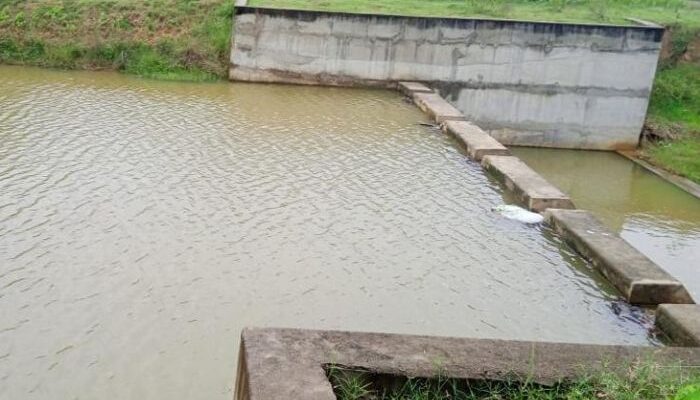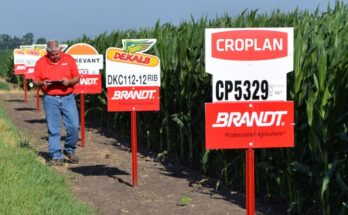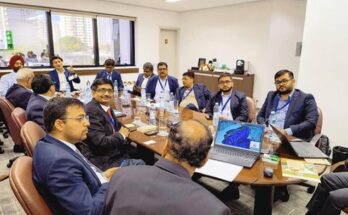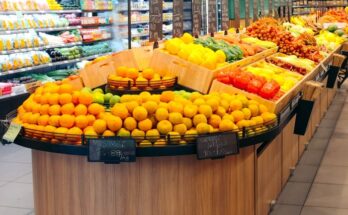Tartu, Estonia – As the financiers of two-thirds of the European economy, banks bear an important responsibility to propose real solutions to mitigate climate change. This partnership between Swedbank and eAgronom, an Estonia-based climate-tech startup, with regard to issuing sustainability-linked loans and leasing will have a significant impact, as agriculture is one of the key sectors in the fight against climate change. After the oceans, soil is the largest carbon dioxide sink in the world. During the loan period, farmers must meet specific requirements related to sustainable agricultural practices. These requirements fulfil the conditions set out in the European Commission’s Sustainable Finance Action Plan and the European Union’s Taxonomy Regulation. eAgronom will use a combination of satellite imagery, machine telematics, farm management software, and on-site information to measure this data and issue certificates to farmers.
Agricultural producers applying for a loan will receive two financing options once they have undergone financial assessment: a regular loan offer and an offer for a sustainability-linked loan. Once the sustainability loan offer has been accepted, the producer will be directed to eAgronom’s platform to sign a contract, after which the collection and evaluation of the necessary data will begin.
You may also like to read: Agriculture minister emphasises on promoting nutri-cereals at ASEAN-India Ministerial Meeting
According to the CEO of eAgronom, Robin Saluoks, this initiative is a great example of cooperation between two important sectors: “In order for sustainable agriculture to become the norm, it has to be profitable in the short term as well. Providing farmers with better credit conditions will speed up the implementation of steps to combat climate change. We provide tools that enable farmers to choose sustainable farming practices. We ensure that the chosen actions lead to the best possible results through data monitoring; we share the monitoring results with regulatory authorities and the agricultural sector whenever it is necessary to prove those actions. Cooperation with Swedbank perfectly aligns with our views and initiatives, which are to result in direct benefits for farmers from environmentally sustainable management.”
Olavi Lepp, Chairman of the Board of Swedbank Estonia, said, “Swedbank is continuously contributing to the development of a sustainable economy. As the leading bank in the region, we help our customers transition to a green economy. That is why we have put sustainability at the centre of our business strategy; in addition to agriculture, we are developing similar initiatives in all other sectors as well. With the help of eAgronom, we are able to offer beneficial cooperation options to farmers to adopt sustainable farming practices, which will hopefully become the standard for the sector.”
You may also like to read: Enabling climate-resilient agriculture with agritech
According to Mihkel Vainula, owner of an agricultural business in Estonia, this initiative between Swedbank and eAgronom may bring about great change in the sector: “The advantages of sustainable agriculture are clear to everyone: more resistant soil, higher quality of produce, better harvest, and preservation of the natural environment. The main reason why farmers have not adopted sustainable farming practices so far is lack of capital. Access to more favourable financing conditions and consultation is invaluable and can bring about a complete transformation in this sector.”
These sustainability-related loans will be accessible to over 120,000 agricultural producers in Estonia, Latvia and Lithuania initially. eAgronom’s certification fee is calculated based on hectare. The fee is EUR 0.5 per year, and farmers who register as customers of eAgronom’s software will receive a 50 per cent discount. In addition to eAgronom’s action plan for transitioning to sustainable farming practices, agricultural producers will also be given access to the measuring, reporting, and control tools.




